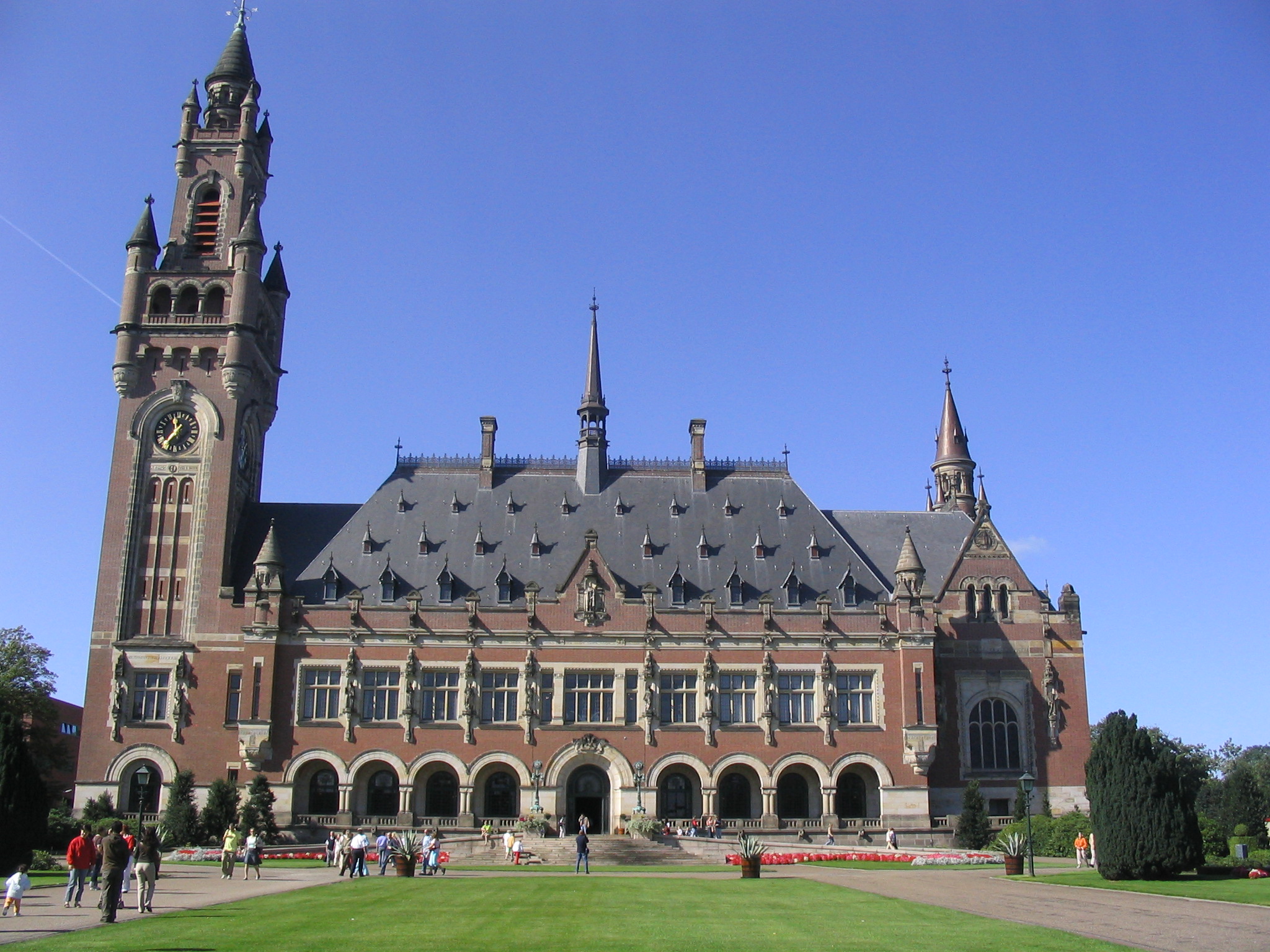In the history of warfare, neutrals rarely feature. When they do, they tend to be relegated to the peripheries, as marginal characters in a belligerent drama that takes centre stage. Unsurprisingly, then, ‘Neutrality Studies’ is not a well-established academic field, although there are more than a few scholars who specialise in neutrality. Still, no academic journal is dedicated to the subject, and no Anglophone academic publisher specialises in the field.
In my opinion this should change. Moreover, neutrality ought to be fully integrated into the history of war, international relations and global affairs because (more often than not) neutrals played significant roles in the waging of war and in the social, political and economic cultures that evolved in time of war.
I have spent much of my academic career studying neutrals and neutrality in the modern era. My first book, The Art of Staying Neutral: The Netherlands in the First World War (2006) shows how difficult and complicated remaining neutral in a world of total war was for the Dutch. My second monograph, An Age of Neutrals: Great Power Politics 1815-1914 (2014), explains how neutrality became a foundational principle for the operation of great power diplomacy, economics, industrial capitalism and imperialism in the ‘long’ nineteenth century. It also argues that Britain’s phenomenal rise as that century’s superpower relied on its ability to avoid going to war with its most immediate industrial and imperial rivals. Neutrality was a tool of statecraft and diplomacy, and very much a tool of power.
Subsequent publications, including The Hague Conferences in International Politics 1898-1915 (2018) and The First Age of Industrial Globalization: An International History 1815-1918 (co-authored with Gordon Morrell, 2019), develop these themes further and show how integral the usage of war avoidance and neutrality were to the evolution of modern international affairs. A forthcoming publication, Global War, Global Catastrophe: Neutrals, Belligerents and the Transformation of the First World War (co-authored with Ismee Tames) argues that it is only by integrating neutrality into the standard history of the war can we fully understand its global reach and totalisation.
The essential contribution all these books make to our understanding is that non-belligerency does not necessarily mean a lack of agency, or power, or even will to act. Of course, most studies of war prioritise belligerents. After all, the history of warfare is the history of human-made death and destruction. It is quite understandable that neutrals are not considered the most immediate actors in the history of war. Yet in almost every inter-state conflict fought after 1815 (and in many before 1815 too), neutrals played key roles: as economic agents, as profiteers, as suppliers of arms, foodstuffs, fuels and raw materials, as bankers, as humanitarians, as governments offering ‘good offices’, as refuges for the war’s victims and its absconders, as havens of artistic and ideological exile, as hubs of revolution, as potential belligerents, as geo-strategic breakers, as places for espionage, as mediators and negotiators, and particularly as witnesses and judges of the war’s violence (which was particularly important in the modern era of newspapers, radio and television media).
To write the history of warfare in the modern era without neutrals thus seems rather incomplete.
Maartje Abbenhuis is Professor in Modern History at the University of Auckland, New Zealand. She has published widely on the history of war, peace, neutrality and internationalism, with a particular focus on the 1815-1918 period. At present, she is working on a global history of the dum-dum bullet.
Image Credit: ‘Peace Palace – The Hague (Zuid Holland)’, CC BY 2.0 by U.S. Embassy the Hague/Flickr

